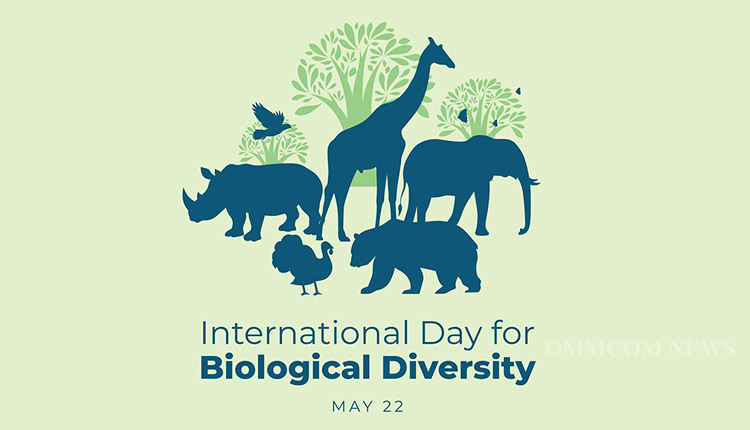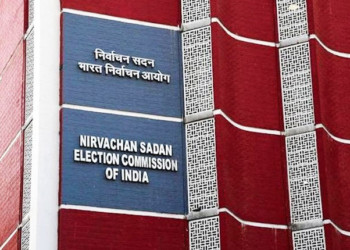Bhubaneswar: Mother Earth is a heavenly adobe for infinite living and non-living entities that co-exist, complimenting each other’s day-to-day journey on the blue planet. Whether they are plants, fossils, animals, or microorganisms living in the deepest trenches of the seven oceans, all play a significant role in maintaining the stability of the planet.
Even though the discovery of the term ‘Biodiversity’ is comparatively new and was coined back in 1985 by British environmentalist Walter G Rosen. The Indian scriptures have summarised the concept of biodiversity through a Sanskrit verse from Maha Upanishad, “Vasudhaiva Kutumbakam”, which means “Whole world is a family”.
In short, all living beings are creations of the omnipresent God, making them interrelated to each other like a family.
Importance of International Day for Biological Diversity:
Amidst a global crisis related to the ecological imbalance rising due to the over-exploitation of natural resources, the killing of animals and rampant deforestation. There is a great need for awareness regarding the protection of biological diversity.
The International Day for Biological Diversity is celebrated every year on May 22, aiming to educate people about the importance of equilibrium between all living entities, where all organisms are interdependent and contribute towards enriching the resources of the planet Earth.
The theme for observation of the International Day for Biological Diversity, 2024 is ‘Be Part of the Plan’, which supports the implementation of the Kunming-Montreal Global Diversity Framework, also known as the Biodiversity Plan.
The Kunming-Montreal Global Diversity Framework advocates for safeguarding biodiversity for future generations by emphasising promoting conservation efforts, enhanced cooperation, and sustainable uses of natural resources.
The United Nations originally planned to observe the day on December 29 every year but later shifted to May 22 to commemorate the Convention on Biological Diversity and the Earth Summit held back in 1992 in Rio De Janeiro, Brazil. The decision was passed by the United Nations General Assembly in 2000.
















